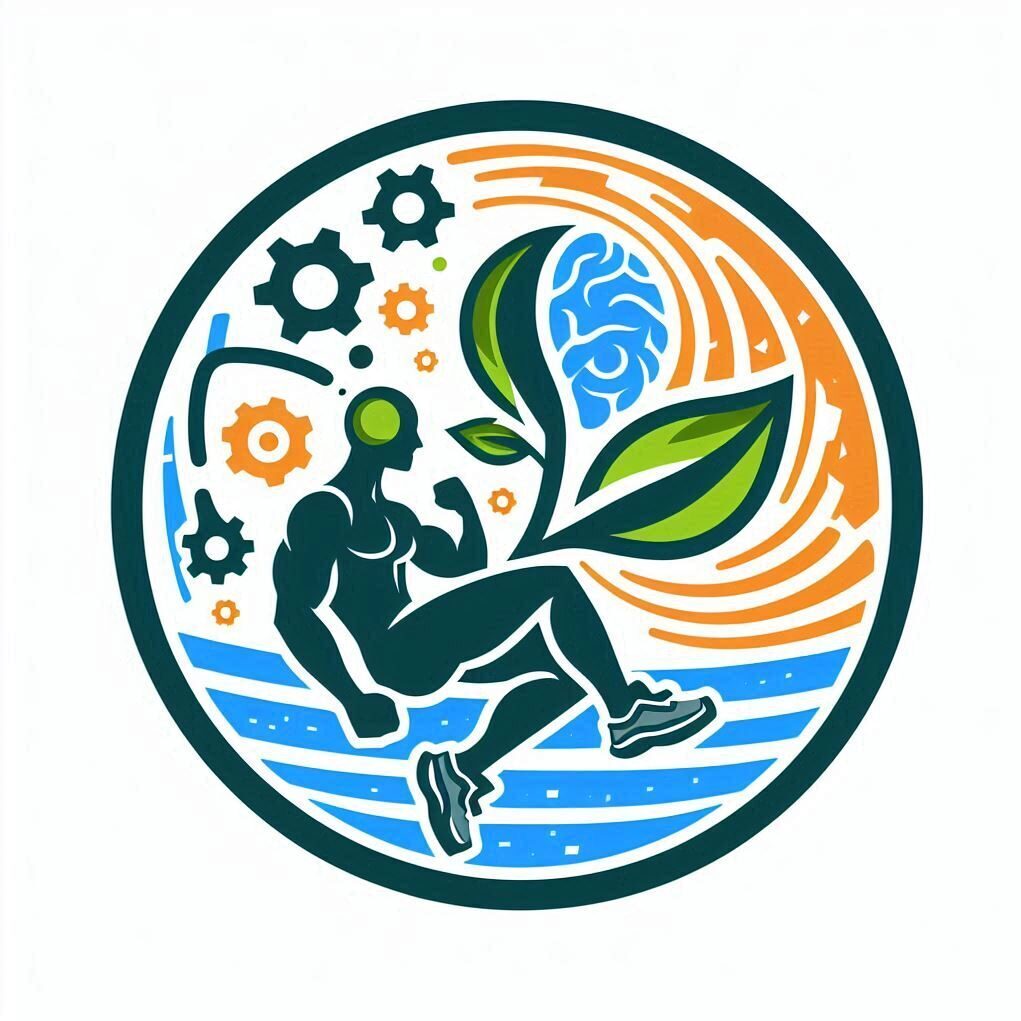Why I lack social skills
Before my 2006 relapse I was fit and I practiced sport regularly. I met with sports buddies and developed friendships with them. I was easy going, enjoyed many hobbies, and I was able to spend entire days outside my home without an issue.
The following are causes that led to having limited social life & skills:
As an an introvert & 100% remote worker
I am an introvert and I enjoy working from the comfort of my home in front of my computer. Being an introvert means that when I spend a certain time with people my energy level will go down. Many of my hobbies can be done in front of my PC, like reading, writing, listening to podcasts, and watching travel and cooking videos on YouTube.
The effect of having autistic tendencies
I understand every word literally, it is quite difficult for me to understand social cues and also to communicate well. Besides, I am direct when I talk and this can damage the relationship with people I interact with. When talking to people I have limited eye contact which can have a negative interpretation.
How chronic fatigue and a bad back affect my social life
Since I have a bad back and I am always tired, I can’t sit in a chair for as long as I want. Starting from the beginning of 2024 I have experienced a huge improvement as I am able to sit for more than 30 min with ease. Meantime, there are ups and downs, and I hope to see mostly improvements in my life without significant setbacks.
I developed social anxiety
When I go for a walk and see people laughing I think that they are judging or criticizing me. I am aware that this form of delusion is imaginary, however, months ago I was very anxious and these negative thoughts overwhelmed me and were severe this lasted for roughly two weeks as my awareness of social anxiety diminished.
Alhamdulillah these intense social anxiety subsided and I have no issue with these imaginary intrusive thoughts at the present time.
Meantime, it is worth noting that I ruminate about my social interactions with strangers and people I do not know much, I keep replaying conversations and analyzing my behavior leading to self-doubt.
The interaction of the last four points
Because I have been working remotely since 2014, being an introvert, being to some extent autistic, having a bad back, and having social anxiety my social skills went down significantly. This led to feeling lonely and more anxious, and behaving in an unusual way when interacting with other people, which translates to occasional issues and a lot of stress.
What I did to gain social skills and be less isolated
As simple as:
– For sure psychiatrists, and I have consulted many, have decreased my social anxiety and motivated me to prioritize improving my social skills to lead a more balanced life.
– Studying psychology and doing therapy: I know that I suffer a high level of black and white thinking, perfectionism, minimize, catastrophize, emotional reasoning and avoidance behaviors. Thus, I accept now to do things to a small extent and gradually increase it, like meeting new people, sitting a little with them better than not at all, accept imperfections in others and prioritize my own well-being
– meeting with friends in the cafe who understand my ill health, where I can take short breaks by walking and stretching to rest my back.
– or phoning friends and family, even though I am aware that face-to-face interaction with people is a more powerful form of socialization as this research suggests.
– I have also added a new habit “Socialize” in my habit app to remind me to go out and meet people and focus less on productivity and work, as putting a huge emphasis on work turns out to be counterproductive if I ignore other aspects of my life markedly.
In fact, going out and talking with people put into perspective my life challenges compared to other people’s challenges, and it turned out I am doing much better than many people I met despite my health limitations.
Other small steps to be boost social life and reduce loneliness
– I sell used products on the Facebook marketplace to meet and trade with people from different walks of life.
– I adopted a cat, it turns out that it is scientifically proven that pets help not only with mental health but physical health as mentioned in this healthline article.
If you suffered from limited social life please let me know how you dealt with in the comments below.
